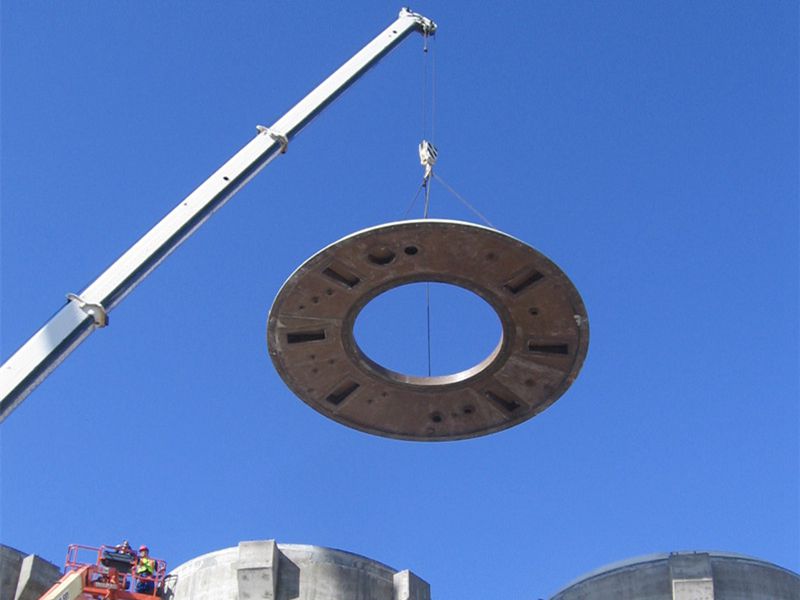
-
 Afrikaans
Afrikaans -
 Albanian
Albanian -
 Amharic
Amharic -
 Arabic
Arabic -
 Armenian
Armenian -
 Azerbaijani
Azerbaijani -
 Basque
Basque -
 Belarusian
Belarusian -
 Bengali
Bengali -
 Bosnian
Bosnian -
 Bulgarian
Bulgarian -
 Catalan
Catalan -
 Cebuano
Cebuano -
 China
China -
 China (Taiwan)
China (Taiwan) -
 Corsican
Corsican -
 Croatian
Croatian -
 Czech
Czech -
 Danish
Danish -
 Dutch
Dutch -
 English
English -
 Esperanto
Esperanto -
 Estonian
Estonian -
 Finnish
Finnish -
 French
French -
 Frisian
Frisian -
 Galician
Galician -
 Georgian
Georgian -
 German
German -
 Greek
Greek -
 Gujarati
Gujarati -
 Haitian Creole
Haitian Creole -
 hausa
hausa -
 hawaiian
hawaiian -
 Hebrew
Hebrew -
 Hindi
Hindi -
 Miao
Miao -
 Hungarian
Hungarian -
 Icelandic
Icelandic -
 igbo
igbo -
 Indonesian
Indonesian -
 irish
irish -
 Italian
Italian -
 Japanese
Japanese -
 Javanese
Javanese -
 Kannada
Kannada -
 kazakh
kazakh -
 Khmer
Khmer -
 Rwandese
Rwandese -
 Korean
Korean -
 Kurdish
Kurdish -
 Kyrgyz
Kyrgyz -
 Lao
Lao -
 Latin
Latin -
 Latvian
Latvian -
 Lithuanian
Lithuanian -
 Luxembourgish
Luxembourgish -
 Macedonian
Macedonian -
 Malgashi
Malgashi -
 Malay
Malay -
 Malayalam
Malayalam -
 Maltese
Maltese -
 Maori
Maori -
 Marathi
Marathi -
 Mongolian
Mongolian -
 Myanmar
Myanmar -
 Nepali
Nepali -
 Norwegian
Norwegian -
 Norwegian
Norwegian -
 Occitan
Occitan -
 Pashto
Pashto -
 Persian
Persian -
 Polish
Polish -
 Portuguese
Portuguese -
 Punjabi
Punjabi -
 Romanian
Romanian -
 Russian
Russian -
 Samoan
Samoan -
 Scottish Gaelic
Scottish Gaelic -
 Serbian
Serbian -
 Sesotho
Sesotho -
 Shona
Shona -
 Sindhi
Sindhi -
 Sinhala
Sinhala -
 Slovak
Slovak -
 Slovenian
Slovenian -
 Somali
Somali -
 Spanish
Spanish -
 Sundanese
Sundanese -
 Swahili
Swahili -
 Swedish
Swedish -
 Tagalog
Tagalog -
 Tajik
Tajik -
 Tamil
Tamil -
 Tatar
Tatar -
 Telugu
Telugu -
 Thai
Thai -
 Turkish
Turkish -
 Turkmen
Turkmen -
 Ukrainian
Ukrainian -
 Urdu
Urdu -
 Uighur
Uighur -
 Uzbek
Uzbek -
 Vietnamese
Vietnamese -
 Welsh
Welsh -
 Bantu
Bantu -
 Yiddish
Yiddish -
 Yoruba
Yoruba -
 Zulu
Zulu
Durable Fiberglass Covers for Enhanced Protection and Versatility in Various Applications
The Advantages and Applications of Fiberglass Covers
Fiberglass covers are increasingly becoming a popular solution in various industries due to their unique properties and benefits. Made from a composite of glass fibers and resin, these covers offer a combination of durability, lightweight design, and resistance to environmental elements. This article explores the advantages of fiberglass covers and their wide-ranging applications.
Durability and Strength
One of the standout features of fiberglass covers is their remarkable durability. Unlike traditional materials such as wood or metal, fiberglass is highly resistant to corrosion and degradation. It does not rust, rot, or corrode, making it an ideal choice for environments exposed to moisture, chemicals, or extreme weather conditions. This inherent resilience means that fiberglass covers often have a longer lifespan, requiring less frequent replacements and lower maintenance costs over time.
Lightweight Yet Strong
Fiberglass combines strength with a lightweight design, making it easier to handle and install compared to heavier materials. This is particularly advantageous in applications where weight is a concern, such as in automotive parts, aircraft components, and even in construction. The reduced weight of fiberglass covers can also lead to lower shipping costs and simplified logistics during transportation.
Insulation Properties
Another significant advantage of fiberglass covers is their impressive insulation properties. Fiberglass is a poor conductor of heat, which makes it ideal for applications where thermal insulation is important. For instance, in the food and beverage industry, fiberglass covers can help maintain temperature, protecting perishable goods during transportation and storage. Likewise, in residential applications, fiberglass can help improve energy efficiency by reducing heat loss in homes, leading to lower energy bills.
Versatility in Design
fiberglass cover

Fiberglass covers can be molded into a variety of shapes and sizes, lending themselves to custom designs tailored to specific needs. This flexibility allows manufacturers to create unique solutions to meet various requirements across different sectors. Whether it’s creating covers for storage tanks, protective enclosures for machinery, or roofing solutions for buildings, fiberglass can adapt to the desired specifications without compromising structural integrity.
Environmental Resistance
Fiberglass covers are inherently resistant to ultraviolet (UV) light, chemicals, and humidity. This makes them suitable for outdoor applications where exposure to sunlight can degrade other materials over time. Additionally, fiberglass does not support mold or mildew growth, making it an excellent choice for environments that require hygienic conditions, such as hospitals or food processing facilities. Its chemical resistance also means that it can withstand spills and splashes from various substances, providing added protection in industrial settings.
Easy Maintenance
Maintaining fiberglass covers is straightforward compared to other materials. Typically, a simple wash with soap and water is sufficient to keep the covers clean. The non-porous surface of fiberglass inhibits the accumulation of dirt and grime, reducing the need for frequent cleaning. This ease of maintenance not only saves time but also resources, contributing to lower operational costs.
Applications Across Industries
The applications of fiberglass covers are vast and varied. In the construction industry, they are commonly used for roofing solutions, skylights, and even window frames, offering a no-fade, lightweight alternative to traditional materials. In the automotive and aerospace sectors, fiberglass covers are utilized for both aesthetic and functional purposes, providing attractive finishes and reducing weight for improved fuel efficiency. Additionally, in the marine industry, fiberglass is the material of choice for boat hulls and decks, allowing for both durability and buoyancy.
Conclusion
In summary, fiberglass covers offer numerous advantages that cater to a wide array of applications across different industries. Their durability, lightweight nature, insulation properties, and resistance to environmental factors make them an ideal choice for modern manufacturing and construction needs. As industries continue to seek innovative solutions that provide both performance and efficiency, the popularity of fiberglass covers is likely to grow, solidifying their place as a go-to material for countless applications.









